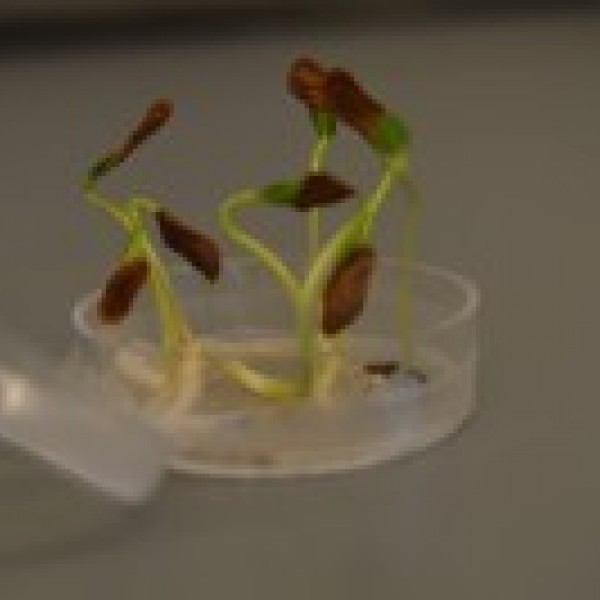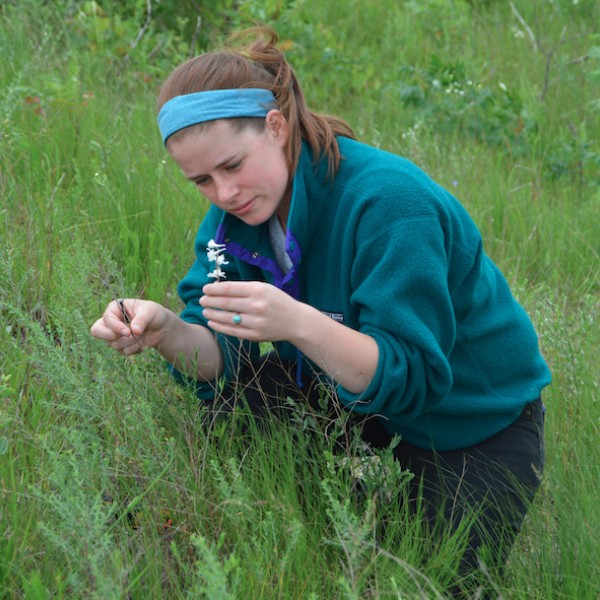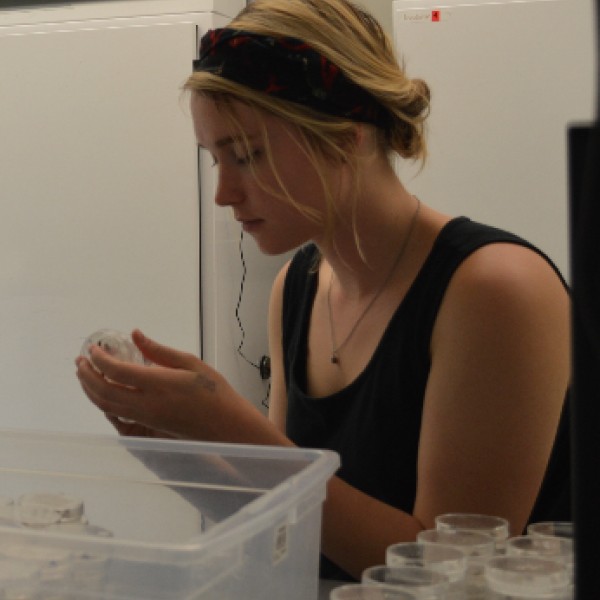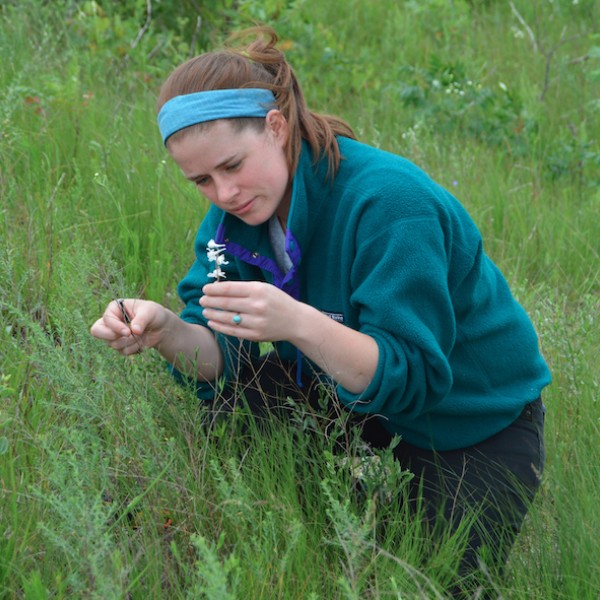
Defining germination tolerance ranges for three milkweeds (Asclepias spp.) 2016
Chicago Botanic Garden
Ecology, Reproductive Biology
Early life stages (dormancy break, germination, and seedling establishment) are predicted to be more sensitive to climate than adult stages, potentially serving as a large bottleneck to recruitment under climate change. We predict that sensitivity to climate will also be influenced by species traits known to be associated with gene flow, such as type of breeding system and pollination syndrome. To investigate the relationship between germination responses and these traits, three congeneric study species were identified: Asclepias incarnata, A. syriaca, and A. verticillata. Milkweeds (Asclepias spp.) are a large, diverse plant genus with a somewhat complicated reputation. Historically considered weedy, these plants are increasingly recognized for the important role they play in the landscape as a nectar resource for insect pollinators and the obligate host plant of the larval stage of the imperiled monarch butterfly. Seed collections were made from 9 populations of each species spanning a latitudinal gradient (Minnesota, Illinois, and Missouri) in Fall 2015. Using climate-controlled incubators and a thermogradient table, the intern will conduct germination trials to define the conditions required to break dormancy and induce germination (temperature & length). Results will inform our understanding of variation in environmental tolerance ranges among closely related taxa with predicted varying extents of gene flow. It will also allow us to examine variation along a climatic gradient, and make predictions about the response of early life stages to projected changes in climate.
Intern will primarily be based at the Chicago Botanic Garden, with opportunities to accompany their mentor to field sites for monitoring for related projects (sites: Midewin Tallgrass Prairie, Wilmington, IL and Rodeo Farm, Chicago, IL). Intern must be willing to work occasional weekends (in exchange for time off during the week). Intern will also have the opportunity to learn some genetics techniques, such as DNA extraction and PCR, while participating in a molecular genetic study of the same milkweed populations.


